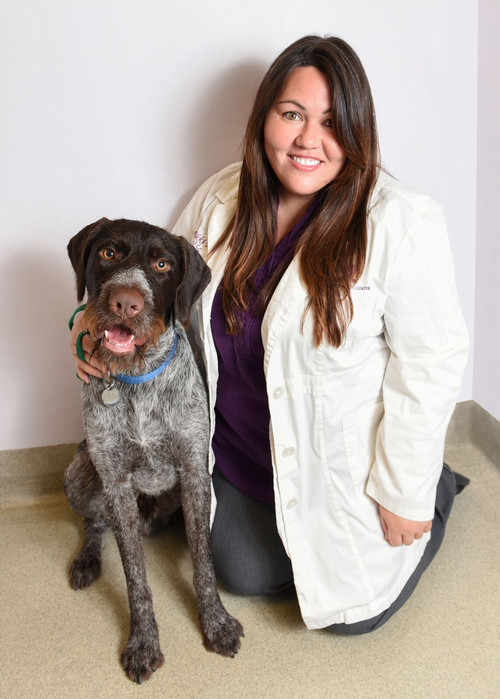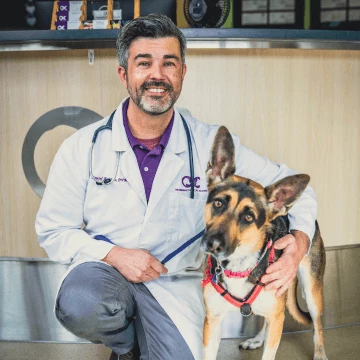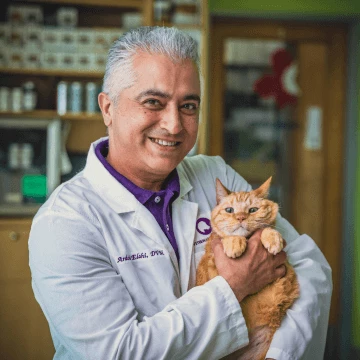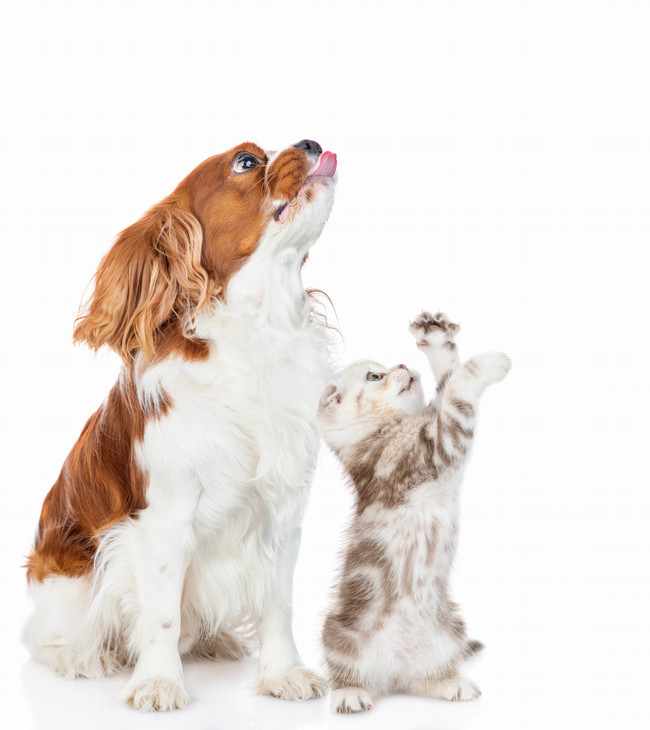New Clients Welcome!
If you are new to OC Veterinary Medical Center, enjoy $25 off your pet's first wellness exam!
Since 2012, OC Veterinary Medical Center has provided comprehensive veterinary care to pets in the Orange community and beyond. We would be honored to be a partner in your pet's healthcare.
We've upgraded our online store!
Ordering your pet's favorite food and medicine is now easier than ever.
Order Food & Meds
Quick & Easy Registration

Please use the phone number and email you currently use for hospital communications to link your account!
Linked Pet Records & Rx

Your pet's prescriptions and records will be waiting for you!
Pawsome
Savings!

AutoShip discounts, promotions on your favorite products and more!












